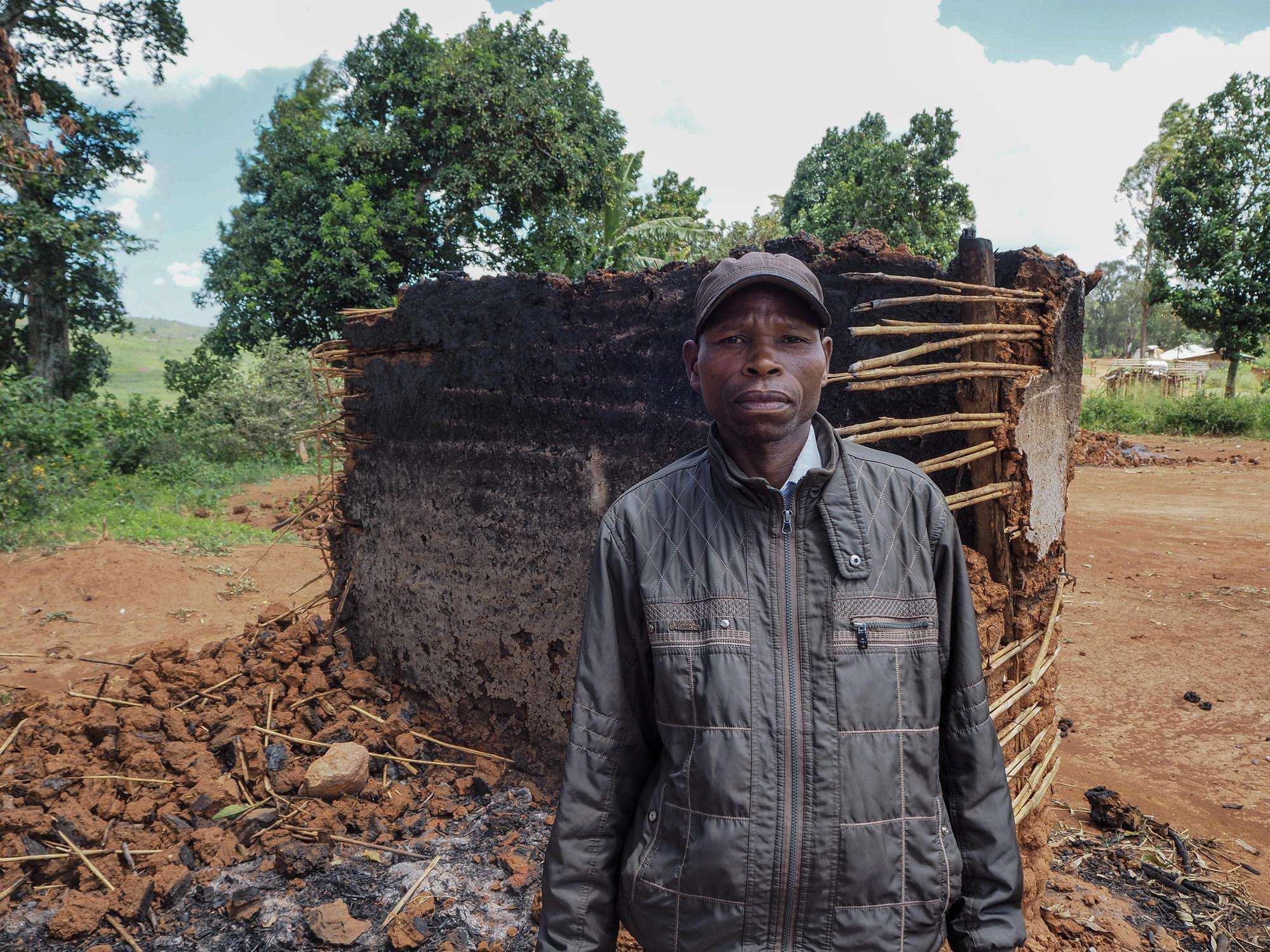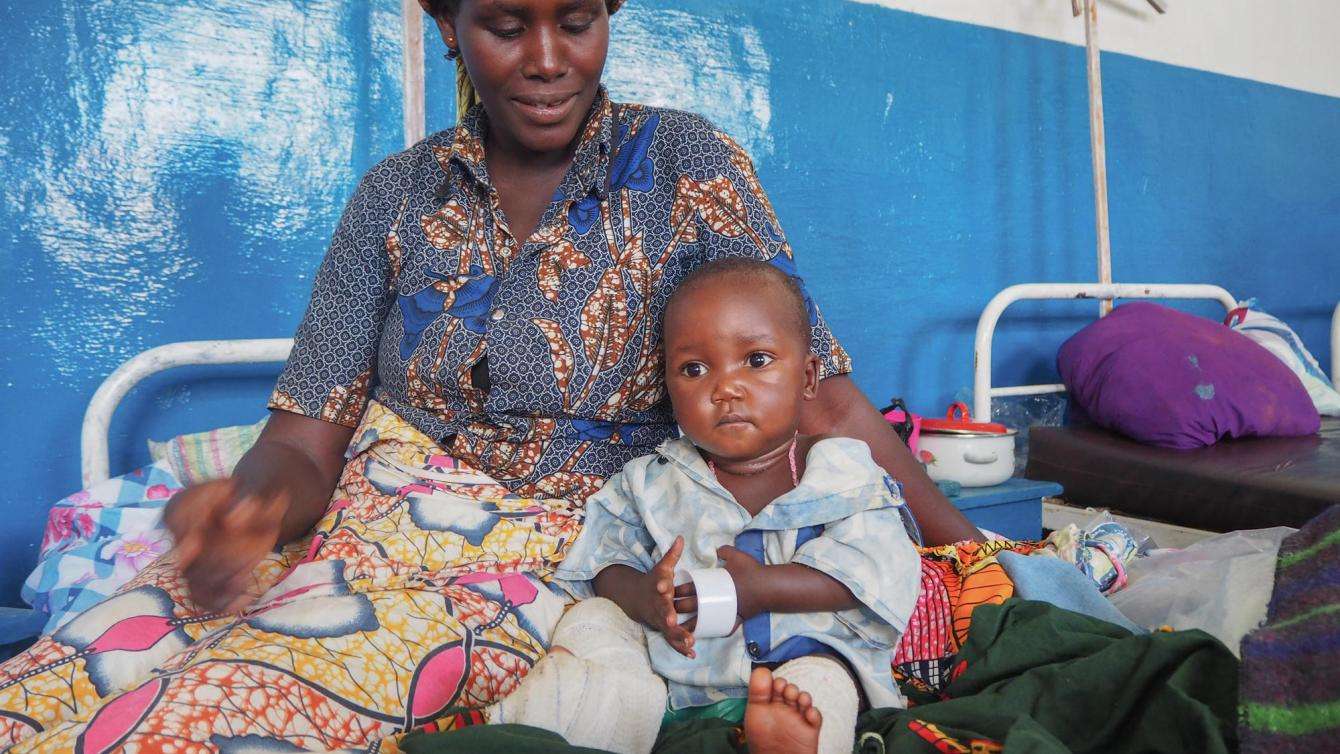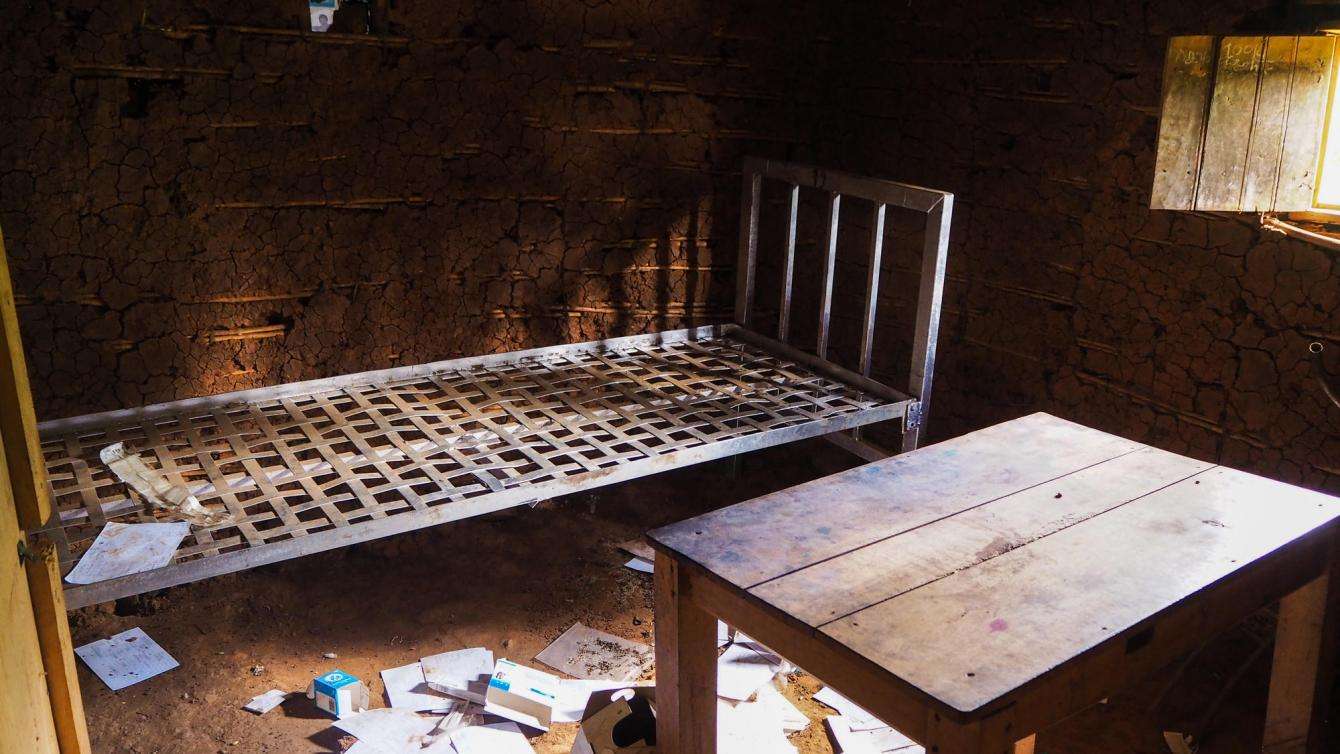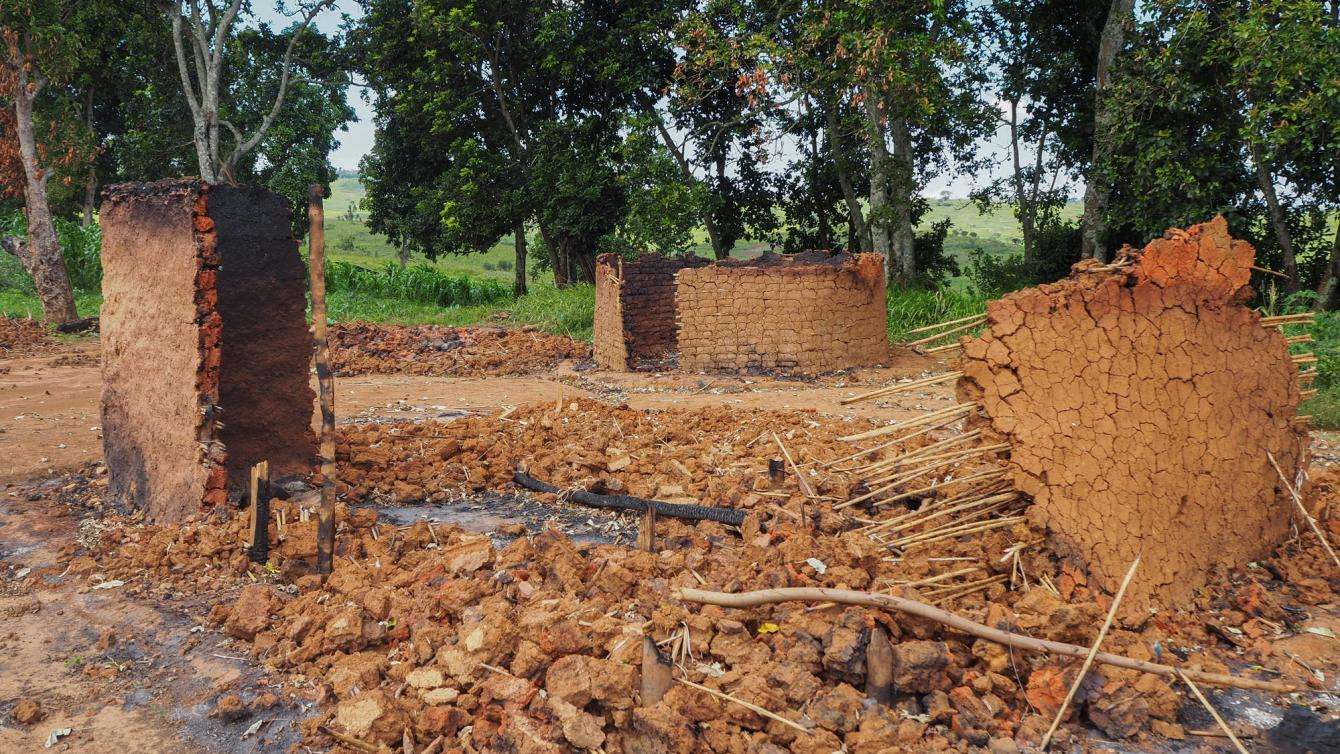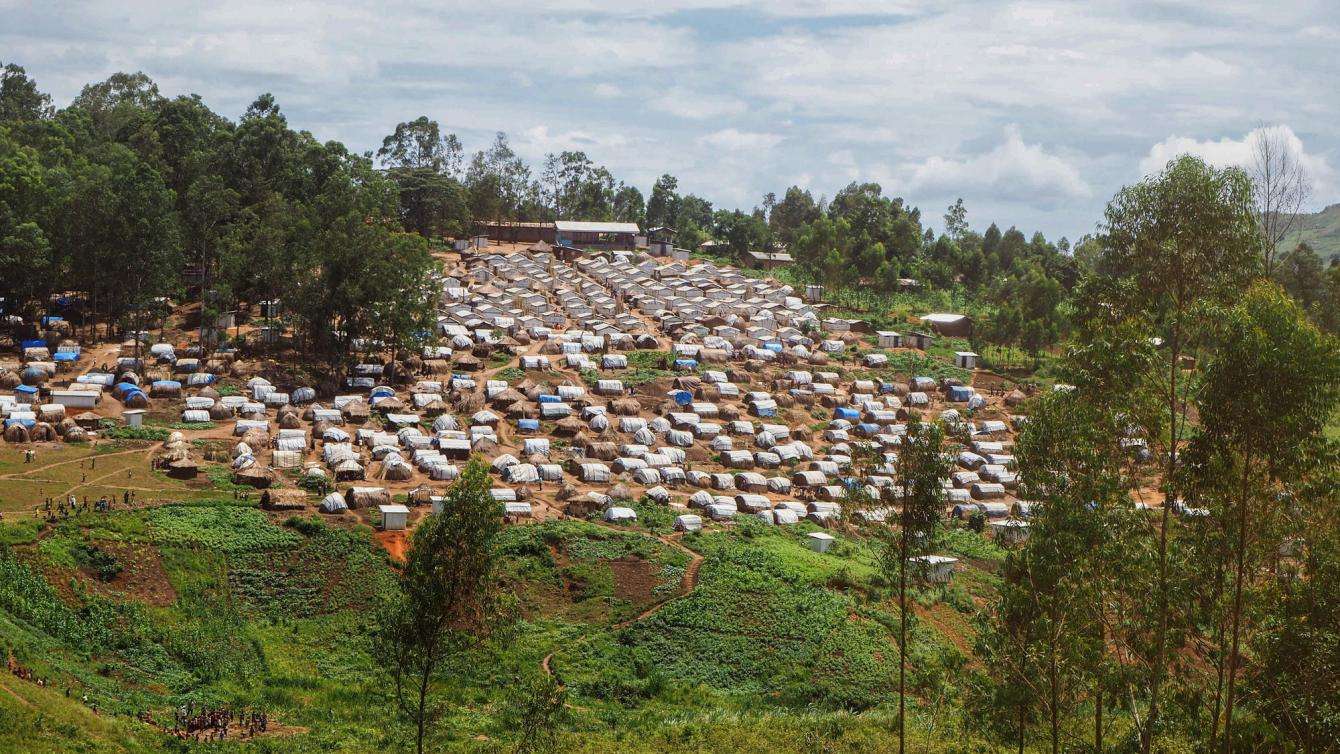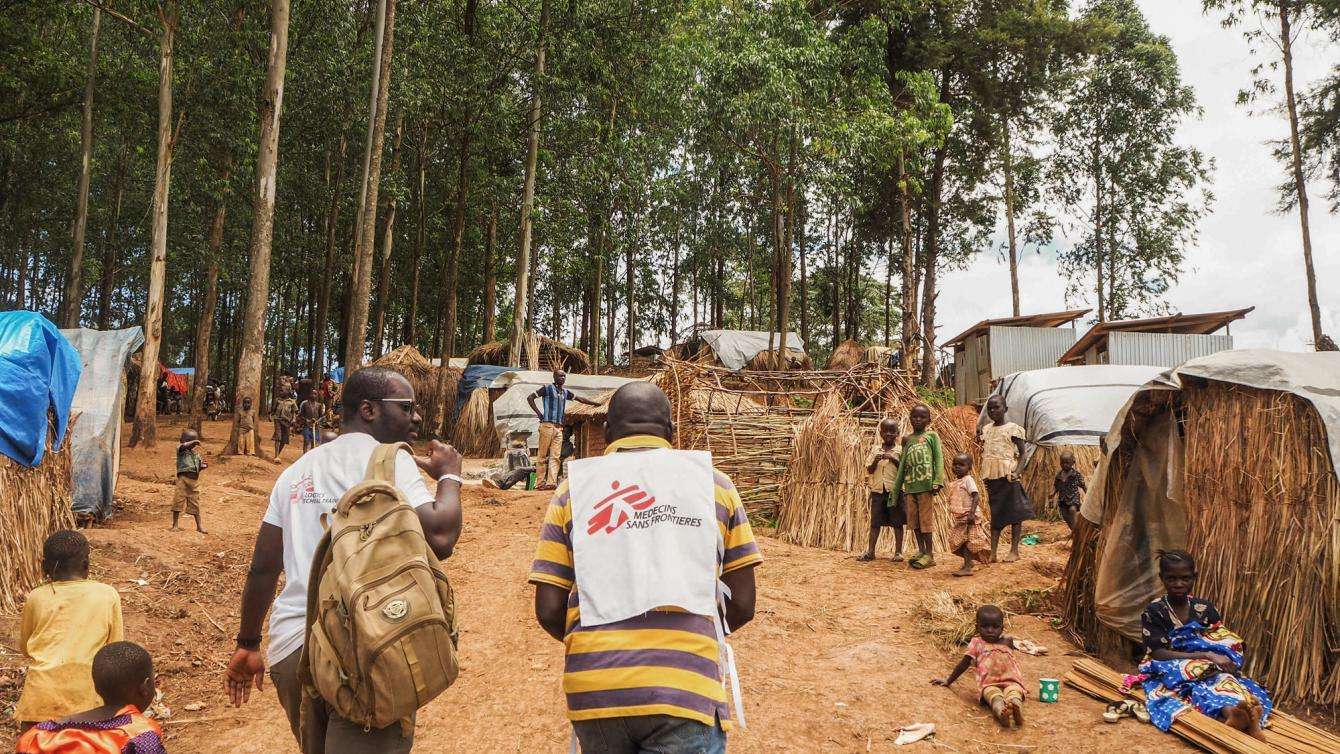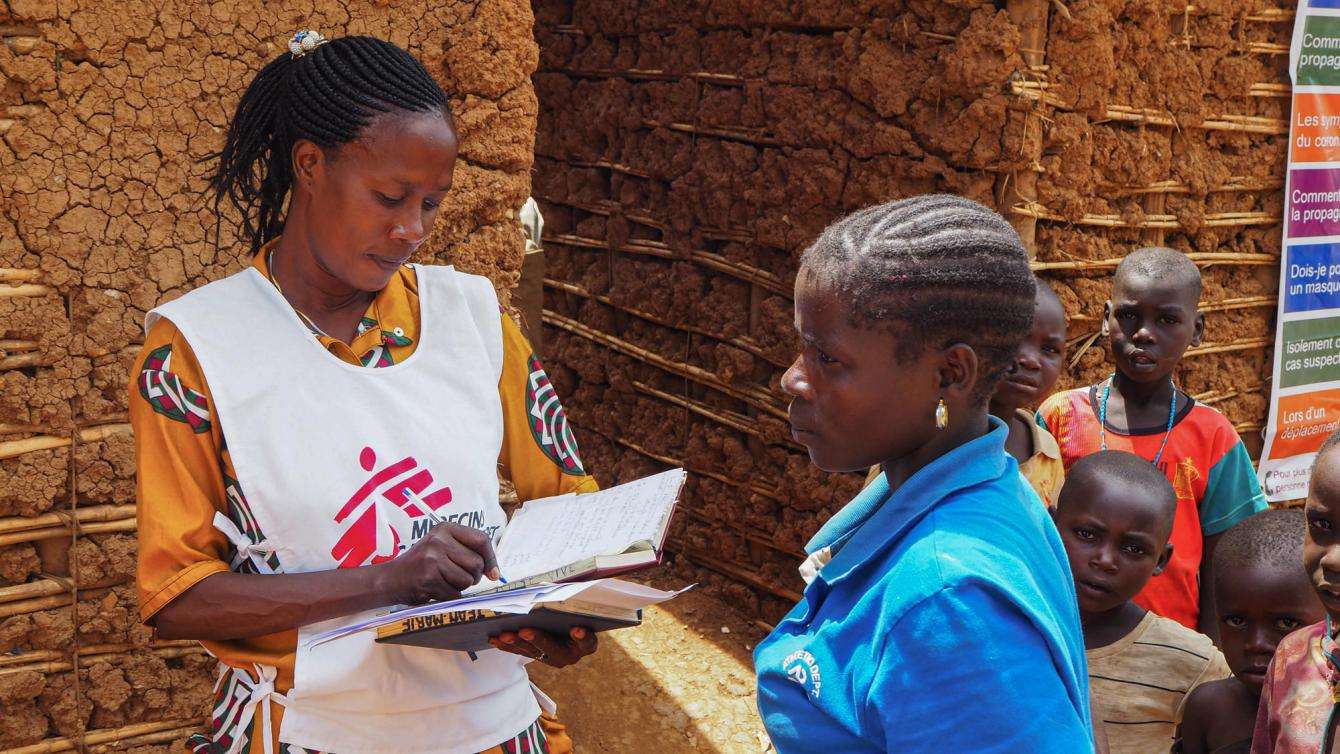Nearly 200,000 people fled their homes in the last two months as violence escalated in Ituri province, northeastern Democratic Republic of Congo (DRC), said the international medical humanitarian organization Doctors Without Borders/Médecins Sans Frontières (MSF).
MSF calls on national and international organizations to increase their assistance to the hundreds of thousands of displaced people in the region who are sheltering in unsanitary and overcrowded conditions where minimum humanitarian standards are not being met. MSF teams are trying to address people’s most urgent needs, but more aid is needed, including basic healthcare and essential supplies such as plastic sheeting, jerry cans, soap, and sleeping mats.
“People are living in constant terror of being attacked in an area where the humanitarian needs are sharply increasing,” said Alex Wade, MSF head of mission in Ituri. “Our teams are struggling to provide healthcare to both local and displaced people because we have no guarantee of safe access to some areas.”
Civilians are the main victims of fighting between militias and the national army. The most recent attack occurred on May 17 in the Drodro region. Some villagers were killed, others were injured, and homes were burned to the ground. Following the attack, MSF staff supported health care workers to provide emergency medical treatment to women and children with gunshot and machete wounds.
The youngest victim of the attack was a 15-month-old boy who was strapped to his mother’s back when she was shot. “The bullet passed through the boy’s legs and killed his mother,” said MSF medical team leader Diop El Haji. “He was brought to Drodro general hospital by neighbors. Both his parents were killed in the attack along with his three sisters and three brothers. Of his whole family, only one brother survived after he managed to escape into the bush.”
Health care facilities are also targeted by the violence. “On May 2, the war came to the area of Wadda and left behind over 200 burned homes,” said Wade. “The health center we were supporting was looted. Sadly, this was not the first health facility to be targeted. In May alone, at least four other health facilities were reported to have come under attack.”
“The violence is systematically targeting villages and health centers in order to prevent the people who fled from returning,” said MSF field coordinator Benjamin Courlet. “Some people are too terrified to go [to] the health centers that are still functioning in the villages or in the [displacement] camps. Instead [people] stay in the bush, so we have set up mobile clinics to reach them there.”
“They attacked us in broad day light," said Ndjilo Laki Emmanuel, a community leader of Wada. "We ran away in the bush with our families. Then they attacked again a week later. Since then, we sleep in the bush with no food, no shelter, and exposed to all of nature’s hazards. We can’t go back. Our homes were burned down leaving only ashes behind.”
There are more than five million internally displaced people (IDP) in DRC; the second largest number of IDPs in the world. Over the last two decades, more than one million people have been displaced from their homes in Ituri province. “In light of the recent conflict, the priority is to reach those people in immediate need of medical assistance, and then to try and improve their living conditions as much as possible,” says Courlet. “People’s needs are huge and we cannot do everything on our own.”
MSF has provided medical assistance to people in Ituri region since the conflict began. As well as caring for the wounded, MSF teams provide treatment for common but deadly endemic diseases, including malaria, severe respiratory infections, diarrheal disease, and measles in hospitals, health centers, and community health centers in areas where displaced people have settled around Nizi, Drodro, and Angumu. MSF teams also carry out health promotion activities, provide clean water, improve sanitation, and distribute essential relief items. To try and prevent the spread of COVID-19 in Ituri province, MSF teams are conducting community awareness sessions and building isolation and triage wards in general hospitals for suspected COVID-19 patients.
